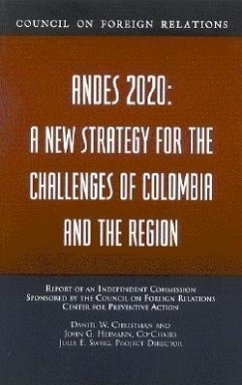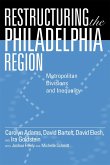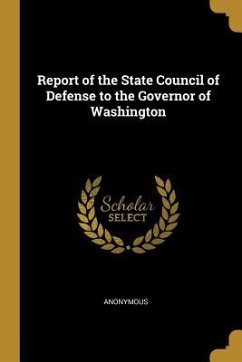Over the past two decades, the United States has spent billions of dollars and expended significant manpower in the Andes to stem the flow of illegal drugs northward; assist local security forces in the fight against drugs, terror, and insurgency; and promote free markets, human rights, and democratic consolidation. Yet the democracies of the Andean region---Colombia, Venezuela, Ecuador, Peru and Bolivia---remain on the brink of collapse. The prospect of regional chaos poses a serious threat to the U.S. goal of achieving democracy, prosperity, and security in the hemisphere. The Center for Preventive Action, a conflict prevention initiative of the Council on Foreign Relations, established the Andes 2020 Preventive Action Commission to develop concrete, pragmatic recommendations to broaden and strengthen U.S., international, and local engagement and coordination in the region, with an eye toward strategies that will help prevent the outbreak of major conflict and mitigate current levels of violence. The Commission proposes a reallocation of U.S. financial and political commitments to redress what it considers to be major weaknesses of current U.S. policy: a narrow focus on counternarcotics and security issues and the relative absence of complementary and comprehensive regional strategies. Although recognizing that U.S. assistance for counterdrug and counterterrorism missions is necessary, the Commission argues that sustainable rural and border development, including strategic land reform; political reforms to strengthen the rule of law and increase accountability and transparency; trade and economic development, including increased access to markets for the region's poor; and amultilateral counterdrug policy that also addresses the issue of demand in consuming countries. The Commission included senior experts on Latin America and U.S. foreign policy from the government, the military, international organizations, academe, nongovernmental organizations, and
Bitte wählen Sie Ihr Anliegen aus.
Rechnungen
Retourenschein anfordern
Bestellstatus
Storno




